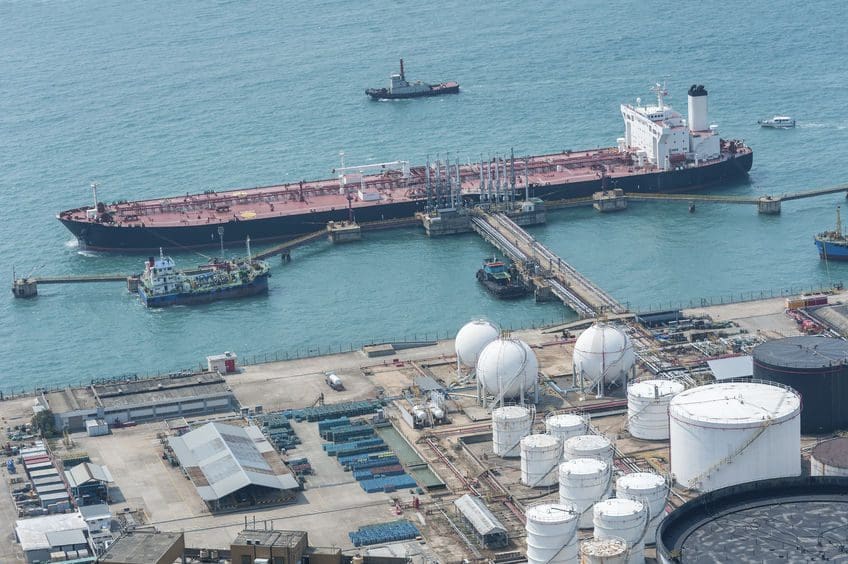Two of the world’s largest producers of crude (Saudi Arabia and Russia) refused in early March to curb output and are now flooding the market with inexpensive oil. Given the current economic conditions caused by the global spread of COVID-19, demand for crude has dropped oil prices to 20-year lows. Meanwhile, as onshore oil reserves around the world continue to fill with low-priced oil to take advantage of contango pricing, storing crude oil on the water appears to be a viable option, but is floating storage the answer?
Places To Store Oil
Globally, storage is nearing capacity and, according to Bloomberg, storage is estimated to completely fill by the summer. Storage rates in the U.S. have doubled, and as of March 20, the U.S. Department of Energy says the Strategic Petroleum Reserve (SPR) is at 635 MMbbl out of a capacity 797MMbbl. Oil prices haven’t hit rock bottom yet, so the world is racing to find places to store this flood of “Black Gold”. Pipelines are even demanding customers to have a buyer before selling precious space on their pipelines.
Tanker Freight Rates Surging
Very Large Crude Carriers (VLCCs), Ultra Large Crude Carriers (ULCCs) and Suezmax vessels can carry between 1 MMbbl and 3 MMbbl of crude oil. They have the ability to transport crude nearly anywhere on the globe, but for a cost. Freight costs on these super tankers have typically been around $30,000/day to $40,000/day, but prices are rising. There are a finite number of these tankers available to charter and Saudi Aramco appears to have chartered 25 to 40 of them in a battle to gain market share over Russia. This increased demand recently drove prices to $110,000/day for Suezmax vessels and nearly $400,000/day for VLCCs and ULCCs. In addition to the increased demand, chartering prices have been hamstringed by the effect of COVID-19 on crew changes and inspections.
Is chartering a vessel to sit full and incur a daily chartering cost really the answer? The breakeven point depends on the chartering cost and how long the price of oil will stay this way. If a chartering contract with a vessel owner is signed at $100,000/day, the cost of that oil in floating storage is $3 million/month or $36 million/year. After adding in per-day chartering costs (as well as costs such as port, canal fees, etc.), the delivered price per-barrel will certainly eat into profits from lower priced oil.
It’s unknown when the Saudis will cut production or when demand will rebound. But, with the opportunity to charter a supertanker now being in such high demand, chartering costs will only continue to rise. The window of opportunity to seize lower chartering costs and secure vessels that can carry more than 1 MMbbl of oil is quickly closing.
Seizing Opportunities
It’s natural to tuck things away for a rainy day, but with the forecast of cheap oil expected to continue flooding the market, it appears to already be raining. Chartering prices are already inflated, the number of large vessels available to charter is already limited and how long crude oil prices will remain low is uncertain. There are very few opportunities to take advantage of vessels as a profitable means of floating storage in the near-term as rates skyrocket over 675%. In fact, there may be opportunities to outcharter vessels that may have already secured long-term contracts.
Michael Cody is a Manager in Opportune LLP's Process & Technology practice. He has over 14 years of experience in multiple ETRM and marine systems domestically and internationally.






